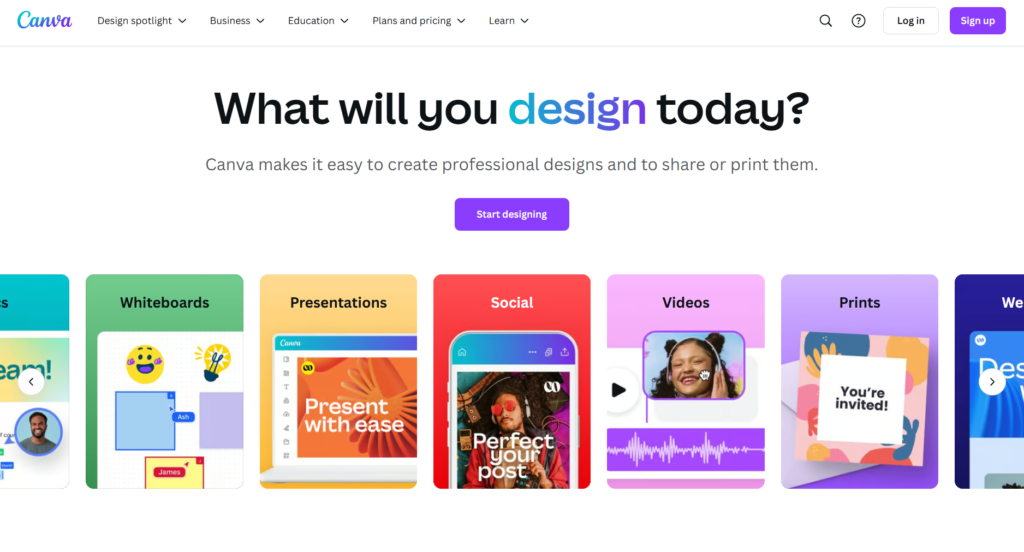When I first dipped my toes into the world of freelance writing jobs for beginners, I had no clue where to start. I spent hours googling things like “how to become a freelance writer with no experience,” and let me tell you—it felt overwhelming. But here’s the good news: breaking into freelance writing isn’t as hard as it seems once you know where to look and what steps to take.
In this guide, I’ll share everything I’ve learned about finding freelance writing jobs for beginners, from building your portfolio to pitching clients. Whether you’re fresh out of school, transitioning from a full-time job, or simply exploring a passion for writing, this is your roadmap to success.
Why Freelance Writing Jobs for Beginners Are a Great Opportunity
Freelance writing jobs for beginners are one of the most beginner-friendly ways to break into freelancing. Why?
- Low Barrier to Entry: You don’t need fancy equipment—just a computer and internet connection.
- Flexible Schedule: Work when and where you want, making it ideal for students, parents, or anyone with a busy lifestyle.
- Scalable Income Potential: Start with small gigs and work your way up to high-paying clients.
If you’re wondering whether freelance writing jobs for beginners are the right fit for you, I’d say give it a shot. You’ll find opportunities in niches ranging from blog writing to copywriting and technical documentation—something for everyone! For more tips on getting started, check out this guide to starting a freelance writing career.
For a broader perspective on freelancing, check out the U.S. Small Business Administration (SBA) guide to freelancing, which covers essential business basics, and this insightful Forbes article on thriving as a freelancer.

How to Get Started as a Beginner Freelance Writer
1. Build a Writing Portfolio (Even If You Have No Experience)
The first thing every client wants to see is proof that you can write. But don’t worry if you’re starting from scratch—everyone starts somewhere.
- Write Sample Articles: Choose a niche (more on that below) and write 2–3 polished articles as your samples.
- Start a Blog: Blogging is a fantastic way to showcase your skills and attract potential clients. Platforms like WordPress or Medium are beginner-friendly and free.

- Offer Guest Posts: Reach out to smaller blogs or websites in your chosen niche and offer to write a free guest post. It’s a win-win: you get a byline, and they get free content.
📌 Pro Tip: Building the right skills can boost your confidence and success as a writer. Here’s a list of essential freelance writing skills you can develop today.
For guidance on creating a standout portfolio, visit the Purdue Online Writing Lab (OWL), which offers excellent resources for polishing your writing and style.
2. Choose Your Writing Niche
While it’s tempting to write about everything under the sun, narrowing your focus can help you stand out. Think about what you’re passionate about or have some experience in.
Here are a few beginner-friendly niches:
- Lifestyle: Topics like fitness, travel, or parenting are always in demand.
- Personal Finance: Budgeting and money-saving tips are popular with blogs and publications.
- Health & Wellness: This is a booming industry for freelance writers.
- Tech & Software: If you’re tech-savvy, writing about apps or software can pay well.
For more ideas, check out this list of the best freelance writing jobs to explore and match with your interests.
3. Find Freelance Writing Jobs for Beginners
Now comes the big question: where do you actually find these jobs? Fortunately, there are plenty of beginner-friendly platforms.
Job Boards
- ProBlogger Job Board – A goldmine for writing gigs, especially blogging opportunities.
- Upwork – A popular freelancing platform for beginners and experienced writers alike.
- Indeed’s Freelance Writer Listings – A reliable resource for freelance writing job postings.
If you want an updated list of the best freelance writing platforms, check out this curated guide to the best freelance writing websites in 2025.
Cold Pitching
Identify websites or businesses you’d love to write for, and email them directly. Keep it short and sweet—introduce yourself, highlight your skills, and link to your portfolio.
📌 Pro Tip: Use LinkedIn to connect with editors, marketing managers, and business owners. Many freelance opportunities are shared informally on social media.
Content Mills
While not glamorous, content mills like Textbroker or iWriter can help you get your feet wet. They’re great for practice but don’t expect high pay.

4. Set Your Rates
One of the trickiest parts of freelance writing is deciding how much to charge. When you’re just starting out, it’s okay to accept lower rates to build your portfolio—but don’t sell yourself short.
Here’s a rough guide to beginner rates:
- Blog Posts: $0.03–$0.10 per word
- Copywriting: $15–$50 per hour
- Ghostwriting: $0.05–$0.15 per word
As you gain experience, you can gradually raise your rates. For more ideas on freelancing while working from home, check out top home-based businesses you can start today.
5. Develop Your Writing Skills
Even the best writers keep learning. To stand out as a beginner, focus on improving your craft:
- Take Online Courses: Platforms like Coursera offer free and affordable courses on writing.
- Use Grammar Tools: Tools like Grammarly and Hemingway Editor can help polish your work.
- Stay Organized: Use tools like Trello or Asana to manage your projects and deadlines.
Common Challenges with Freelance Writing Jobs for Beginners (And How to Overcome Them)
“What if I don’t have any clients?”
Start small! Use job boards or pitch local businesses that might need help with newsletters or blog posts.
“I’m worried about rejection.”
Rejection is part of freelancing, but don’t let it stop you. For every “no,” you’re one step closer to a “yes.”
“How do I deal with difficult clients?”
Set clear expectations upfront—this includes deadlines, payment terms, and revision policies.
Good time management is also essential to avoid stress and meet deadlines. Check out these time management tips for freelance writers in 2025 to stay on track.
Tools to Help You Succeed as a Freelance Writer
- Grammarly: Your go-to tool for grammar and spelling checks.
- Hemingway Editor: Helps simplify your writing for better readability.
- Canva: Create visually appealing graphics for your blog or portfolio.

Conclusion: Ready to Land Your First Freelance Writing Job?
Starting out as a freelance writer might feel daunting, but trust me, it’s completely doable with the right mindset and strategy. Build your portfolio, focus on a niche, and pitch like a pro. Before you know it, you’ll land your first freelance writing job and be on your way to building a thriving career.
For more practical advice, explore my blog’s comprehensive resources on freelance writing and beyond. Let me know your biggest freelance writing challenge in the comments below!



